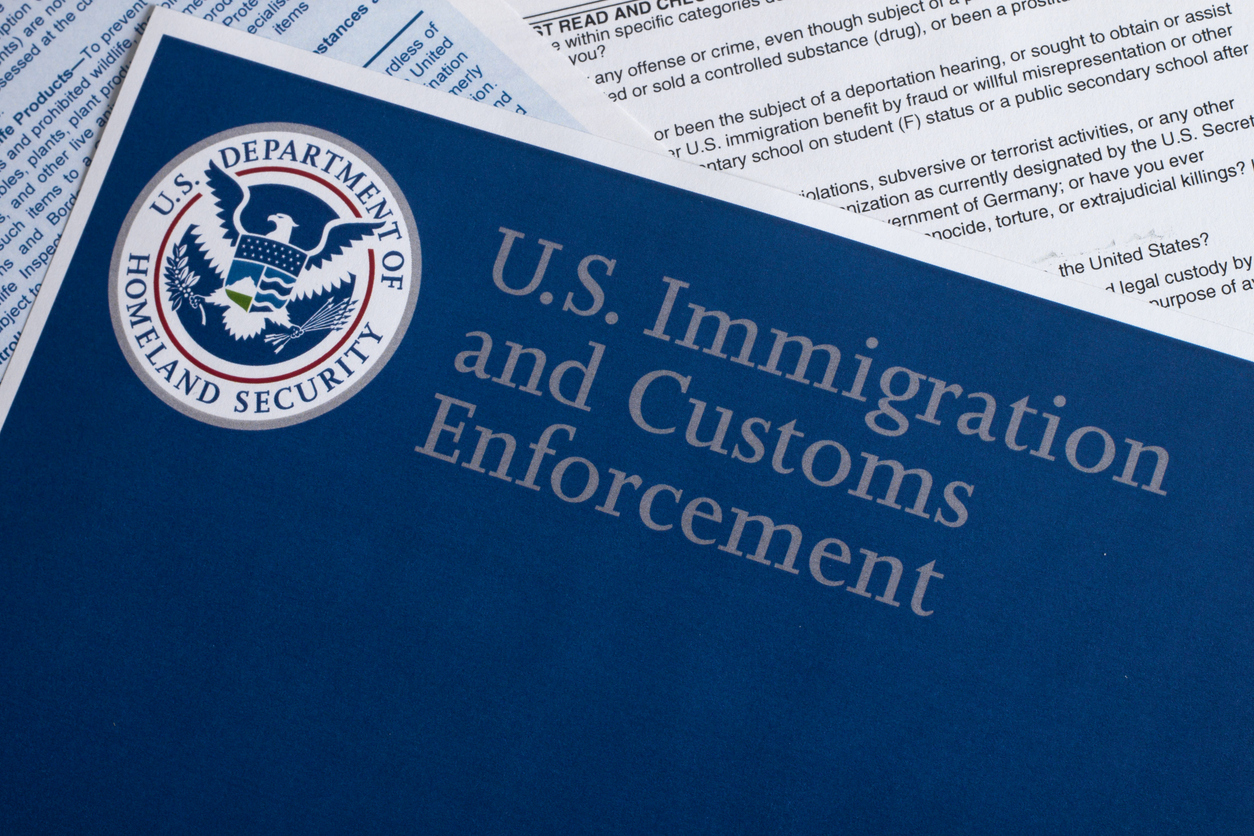This resource is provided by ACSA Partner4Purpose Lozano Smith.
At the beginning of the 2022-23 school year, the National Collegiate Athletic Association (NCAA) Board of Governors’ Policy on Campus Sexual Violence (Policy) went into effect. This Policy requires NCAA member schools to collect disciplinary information from K-12 school districts, community colleges, and other post-secondary institutions, previously attended by their incoming and continuing classes of student athletes.
More specifically, NCAA member schools are responsible for requesting information relating to the discipline of student-athletes arising from:
- Acts of Interpersonal Violence: Violence that is predominantly caused due to the relationship between the victim and the perpetrator, including dating and domestic violence.
- Acts of Sexual Violence: A term used to include both forcible and nonforcible sex offenses, ranging from sexual battery to rape.
- Other Acts of Violence: Crimes including murder, manslaughter, aggravated assault, or any assault that employs the use of a deadly weapon or causes serious bodily injury.
The discipline subject to the Policy may be the result of:
- A formal Title IX proceeding;
- A criminal conviction;
- An informal resolution; or
- Any other disciplinary proceeding.
NCAA member schools may also seek information regarding a pending disciplinary proceeding.
NCAA member schools are not responsible for requesting the disclosure of any findings that determine a student-athlete is not responsible for allegations of interpersonal, sexual, or other acts of violence.
Because there is no articulated “look-back” period for this conduct, NCAA members might seek relevant disciplinary information dating back to the beginning of a student-athlete’s education.
Takeaways
Educational institutions can anticipate requests for disciplinary information from NCAA member schools. In anticipation of such requests, educational institutions should notify/train their Title IX coordinator(s), and/or other information officers, of the potential to receive such a request and how to respond to the request.
The disciplinary information requested pursuant to the NCAA’s new Policy will, in most cases, be subject to privacy rules, including the Family Educational Rights and Privacy Act (FERPA). Along with each request for student information, NCAA member schools are expected to send a FERPA release form signed by the student-athlete for whom they are requesting information. If the NCAA member school does not send a FERPA release, the educational institution receiving the request should obtain one from the student-athlete prior to providing any information about the student-athlete.
If you have any questions about the NCAA’s new Campus Sexual Violence Policy or how your institution should respond to a request from an NCAA member school, or any questions regarding Title IX, please contact an attorney in one of Lozano Smith’s eight offices located statewide.





























